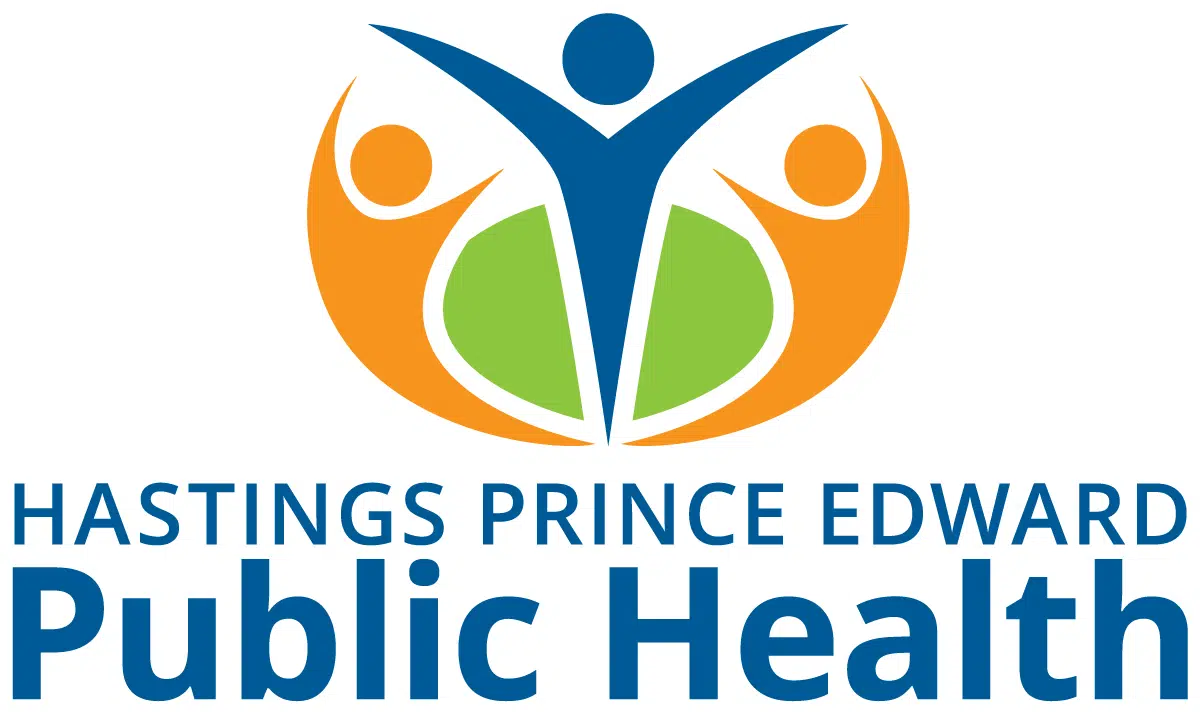Hastings Prince Edward Public Health is issuing a cold weather health warning to alert residents of Hastings and Prince Edward Counties to the bitterly cold wind chills expected tonight and tomorrow night. Residents are urged to take precautions in these extremely cold temperatures to avoid health complications such as wind burn, frostbite and hypothermia.
A cold weather health warning is issued when the temperature reaches -25°C or lower without wind chill (WC) or -28°C or lower with wind chill (WC) as per Environment Canada.
Cold Alert: Temp:-15°C without WC
Cold Weather Health Warning: Temp: -25°C or lower OR WC: -28°C or colder (Env Canada)
Cold Weather Health Emergency: Temp: -35 °C or lower OR WC:-55°C or colder OR Cold Weather Warning issued and contributing factors
Extreme cold events put everyone at risk, but health risks are greatest for:
•Homeless people or people living in homes that are poorly insulated (no heat or power);
•Outdoor workers and winter sports enthusiasts;
•People with certain medical conditions such as diabetes or taking certain medications;
•Infants (under 1 year) and seniors (65 years or older)
Know how to identify the health complications that can result from cold weather.
Windburn occurs when the cold wind removes the top layer of oil from the skin causing excessive dryness, redness, soreness and/or itchiness.
Windburn can be treated with protective skin care products and lip balm. Do not rub or scratch the skin.
Frostbite occurs during cold weather when blood flow is severely restricted, resulting in poor circulation to the extremities causing numbness, white/greyish skin and/or skin that feels firm or waxy. Frostbite can be treated by warming the body with blankets or body heat, or immersing the body in cool water and slowly increasing the water heat. Do not rub or massage the skin.
Hypothermia occurs when the body temperature drops. There are three stages of hypothermia:
•Stage 1: shivering and numbness, quick shallow breathing, tiredness and possible nausea
•Stage 2: strong shivering, muscles uncoordinated and movements are slow and laboured. Mild confusion, paleness and blue skin in extremities possible.
•Stage 3: no shivering; trouble thinking, talking and walking; irrational behaviour. Heart may beat fast, but breathing slow. Risk of dying. Severe cases of hypothermia (stage 2 and 3) require immediate attention. Call 911. For stage 1 and while waiting for help, keep warm and dry, keep muscles moving, drink warm sweet liquids, and allow shivering.
Protect yourself from extreme cold with the following tips:
•Stay in heated buildings as much as possible (homes or public buildings i.e. library or mall);
•Drink warm fluids but avoid caffeinated or alcoholic beverages, as they cause your body to lose heat more rapidly;
•If going outside dress in layers with a wind resistant outer layer and cover all exposed skin.Wear sunglasses, lip balm and sunscreen (face mask and goggles if windburn is a concern);
•Avoid strenuous exercise outdoors, but stay moving (especially hands and feet) to keep blood flowing and maintain body heat;
•Be up to date on the weather conditions, wind chill alerts and extreme weather warnings before going outdoors or travelling;
•Have an alternate source of heat at home: wood or propane furnace, or kerosene heater (must be approved for indoor use), generator with several days’ worth of fuel (generators produce toxic gases such as carbon monoxide so should only be used outdoors), electric space heaters with automatic shut-off and non-glowing elements and/or blankets.
For information on the status of the Cold Weather Health Warning visit www.weather.gc.ca.






